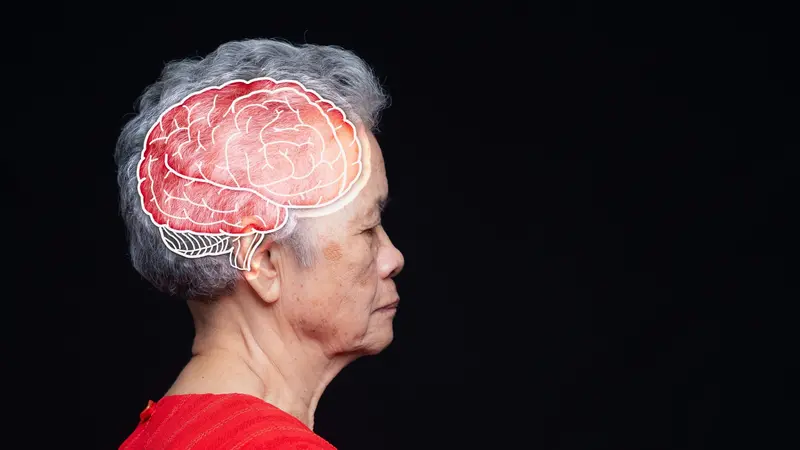

WELLthier Living and Aging

WELLthier Living and Aging
SuperAgers: Revelations About Exceptional Cognitive Longevity
A 2025 study published in Alzheimer’s & Dementia highlights findings from the first 25 years of the Northwestern University SuperAging Program. The program investigates people aged 80 and older whose memory performs at the level of those 20 to 30 years younger. Instead of the typical age-related cognitive decline expected for people their age, SuperAgers show unusually strong brain health.
Brain scans reveal that the outer layer of the SuperAgers' brains, which supports thinking and memory, resembles that of much younger adults. In addition, a key region of the brain that regulates attention, decision-making, and emotions is actually thicker than in their younger, middle-aged counterparts.
On the cellular level, SuperAgers show fewer of the changes often linked to Alzheimer’s disease such as harmful plaques and tangles. Their memory-forming and memory-organizing brain cells are larger and healthier. They also have fewer overactive immune cells that can cause inflammation.
They also have stronger communication systems between brain cells, as well as a higher number of rare neurons involved in empathy, awareness, and quick decision-making.
Beyond biology, SuperAgers often maintain strong social lives, valuing close connections and staying engaged with others. This combination of brain resilience and lifestyle patterns challenges the idea that memory loss is inevitable. Researchers hope that by identifying the protective mechanisms behind healthy aging, new strategies can be developed to help more people resist cognitive decline.
The SuperAging Program has reshaped understanding of normal cognitive aging, showing that late life can hold much greater potential for memory and brain health than once assumed, and has inspired similar research worldwide.
REFERENCES
Weintraub, S., Gefen, T., Geula, C., & Mesulam, M. M. (2025). The first 25 years of the Northwestern University SuperAging Program. Alzheimer’s and Dementia, 21(8), Article e70312. https://doi.org/10.1002/alz.70312


 By
By






